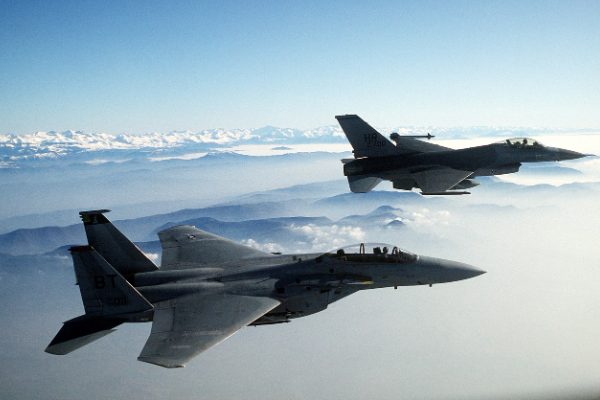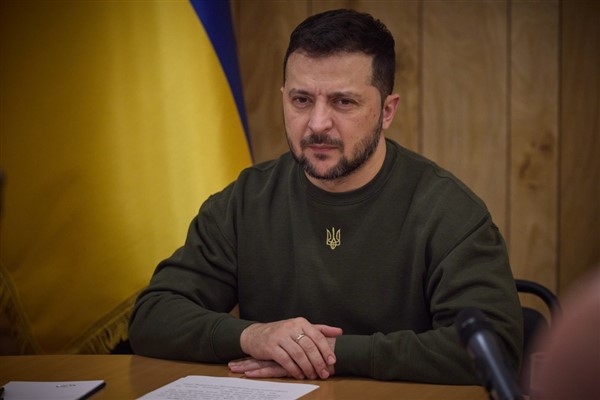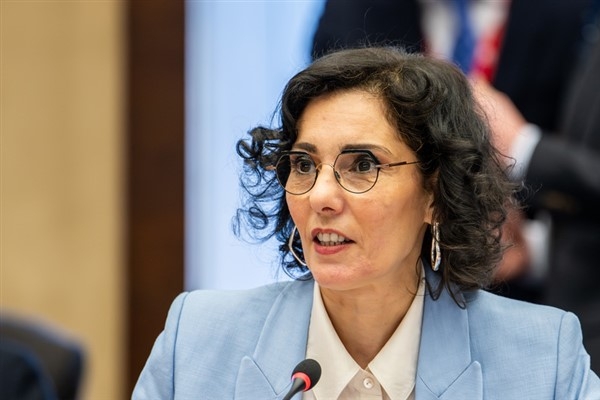The Israel Defense Forces told the BBC they were trying to gain an "operational foothold" and facilitate the movement of troops and equipment.
But some experts fear it will be used as a barrier to prevent Palestinians from returning to their homes in the north.
Others said it appeared to be part of Israel's plan to remain in Gaza after the end of current hostilities.
In February, Prime Minister Benjamin Netanyahu announced his post-war vision in which Israel would control Gaza's security indefinitely.
International leaders have previously warned Israel against permanently displacing Palestinians or reducing the size of Gaza.
It extends along the northern part of Gaza, and below it are the central and southern regions. It begins at the Israeli border fence near Gaza's Nahal Oz kibbutz and ends near the coast.
It also intersects with Saladin and Rashid roads, the two main arteries passing through the region.
Although there is a road network connecting the east and west, the new IDF route is the only route that runs continuously through Gaza.
Analysis of satellite images by the BBC reveals that the IDF has built more than 5 km of new road sections to connect previously unconnected roads.
The first section of the road, in eastern Gaza near the Israeli border, was built between late last October and early November. However, most of the new sections were built in February and early March.
The new route is wider than a typical road in Gaza, except for Saladin.
The road covers an area that previously had fewer buildings and is less densely populated than other parts of Gaza.
An Israeli TV channel reported in February that the route was under the code name "Highway 749". A reporter from Channel 14 had toured parts of the route with the Israeli army.
Analysts at defense intelligence company Janes said the unpaved road surface seen in the Channel 14 footage was suitable for tracked armored vehicles.
The Israel Defense Forces did not go into such details in its statement. "As part of the ground operation, the IDF is using an operational transit route," read the statement.
Retired Brigadier General Jacob Nagel, former head of Israel's National Security Council and former security adviser to Netanyahu, told BBC Arabic that the aim of the new route was to provide rapid access to security forces when dealing with new threats.
"It will help Israel get in and out. Because Israel will have full defense, security and responsibility for Gaza," Jacob Nagel told BBC Arabic.
Jacob Nagel described the road as "a road that separates the northern part from the southern part" and added, "We do not want to wait until a threat arises."








